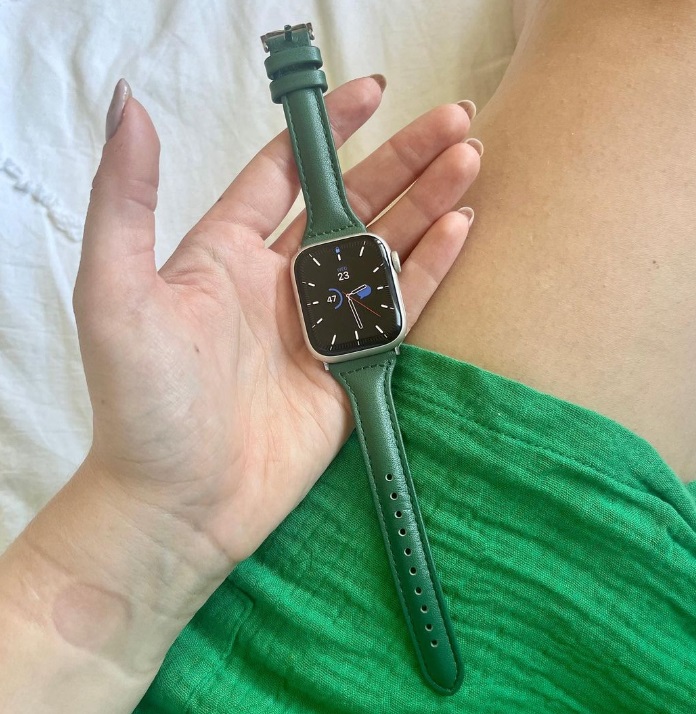Unlocking the power of your smartphone apps and wearable tech may seem like a modern-day obsession, but for health-conscious individuals and fitness enthusiasts out there, monitoring one’s fitness data can be an absolute game-changer in the quest for optimal health.
From enhancing cardiovascular fitness to boosting mental wellbeing, the benefits are numerous. But is this data-driven approach all pros and no cons? Let’s explore how tracking your fitness data can be a powerful tool for long-term health, and what to watch out for in the process.
Keeping Your Heart In Check
One of the first things you’re likely to notice when you start tracking your fitness data is the shift in your cardiovascular health. Whether you’re monitoring your heart rate during exercise or checking up on your step count, these tiny nuggets of information can lead to significant improvements over time.
Knowing your heart rate zones during a workout can be crucial for training more effectively. By spending more time in the aerobic zone, you’re enhancing your cardiac output, which means the heart’s ability to pump blood to your muscles increases. This eventually leads to a lower resting heart rate, a sign of a more efficient heart.
What’s more, consistent tracking can help you notice when something’s off. A sudden spike in resting heart rate could indicate fatigue or oncoming illness, prompting you to adjust your workout routine. Long-term monitoring gives you a detailed record of your heart’s response to exercise, helping you make informed decisions for a healthier future.

The Boost to Your Own Battery
In the hustle and bustle of daily life, it’s easy to ignore the subtle shifts in our energy levels. By tracking your physical activity, sleep quality, and nutrition, you gain insight into what revs you up and what drags you down during the day.
Regular physical activity is well known to increase energy levels by improving cardiovascular health and enhancing muscle strength and endurance. The more you push yourself, the more your body adapts to meet the demands, resulting in a fitter, more energised you. When you’re monitoring your fitness data, you’re more likely to stick to regular exercise, and as those energy levels soar, so does your mood.
Additionally, a good night’s sleep is non-negotiable for high energy and a positive outlook. Fitness trackers that monitor sleep can identify patterns or issues, like poor sleep practices, that may be sapping your energy. By addressing these, you’ll experience a significant boost in both your physical and mental wellbeing.
Style it up with Fitstraps along the way
Adding a touch of personal style to your fitness regimen can significantly enhance motivation, and this is where Fitstraps comes into play. With a stylish replacement Versa 2 band from Fitstraps or whichever you need to fit your own device, your fitness watch transforms from a mere gadget to a fashion statement. This personalisation not only reflects your unique style but also serves as a visual reminder of your fitness goals, making the process of staying active more enjoyable. When you love how your fitness watch looks on your wrist, you’re more likely to wear it consistently, keeping your fitness data front and centre in your daily life. This subtle yet effective motivational boost can be the difference between hitting the snooze button and jumping out of bed for that early morning jog.

Beware of the Data Trap
While the benefits of tracking fitness data are profound, there are also potential drawbacks. The first is obsessiveness. It’s easy to become fixated on the numbers, to the point where it causes anxiety or demotivation. Remember, the numbers on your device are tools for guidance, not circles to jump through.
Another pitfall that should never been overlooked is overtraining. By constantly pushing to meet your step count or maximise calorie burn, you might push past your body’s limits, leading to burnout or injury. Utilise these metrics wisely – listen to your body, use the data as a way to keep yourself on track, not as the track itself.
In short
Fitness data can be a portal to a healthier you. By monitoring your health parameters and being mindful of your activity levels, you’re setting yourself up for a lifetime of improved cardiovascular function, increased energy, and a happier mood. However, as with any powerful tool, it requires a touch of wisdom and moderation. Keep track, not score, and remember to enjoy the process of health optimization. After all, the most important metric is not your step count or heart rate, but the smile on your face as you live your best, healthiest life.

Visit Fitstraps.co.uk to check out the product range.



















